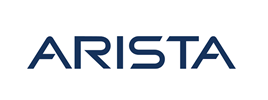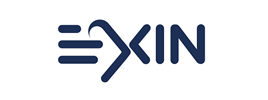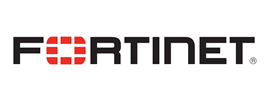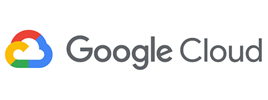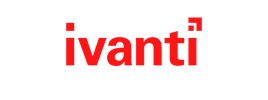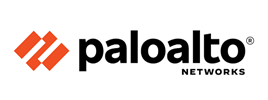- Course overview
- Course details
- Prerequisites
Course overview
About this course
Learn to use Kafka and AMQ Streams to design, develop, and test event-driven applications. Event-driven microservices scale globally, store and stream process data, and provide low-latency feedback to customers. This course is for application developers and is based on Red Hat AMQ Streams 1.8 and Red Hat OpenShift Container Platform 4.6.
Course content summary
- Describe the basics of Kafka and its architecture.
- Develop applications with the Kafka Streams API.
- Integrate applications with Kafka Connect.
- Capture data change with Debezium.
- Troubleshoot common application streaming issues.
Audience profile
- Application developers with microservice development experience
At course completion
- As a result of attending this course, students will understand the architecture of Kafka and AMQ Streams and will be able to identify proper use cases for event-driven applications. In addition to learning the fundamental principles and features of Kafka and AMQ Streams, Students will learn how to design, develop, and test event-driven applications.
- Students should be able to demonstrate the following skills:
- Design, build, and use event-driven applications for relevant scenarios with standard patterns.
- Detect and react to data changes with Debezium to improve application performance.
- Troubleshoot common problems with event-driven applications.
Course details
An Overview of Python 3
- Introduction to Python and setting up the developer environment
Basic Python Syntax
- Explore the basic syntax and semantics of Python
Language Components
- Understand the basic control flow features and operators
Collections
- Write programs that manipulate compound data using lists, sets, tuples and dictionaries
Functions
- Decompose your programs into composable functions
Modules
- Organize your code using Modules for flexibility and reuse
Classes in Python
- Explore Object Oriented Programming (OOP) with classes and objects
Exceptions
- Handle runtime errors using Exceptions
Input and Output
- Implement programs that read and write files
Data Structures
- Use advanced data structures like generators and comprehensions to reduce boilerplate code
Regular Expressions
- Use powerful regular expressions to manipulate textual data
Parsing JSON
- Read and write JSON data
Debugging
- Debug Python programs using the Python debugger (pdb)
Prerequisites
- Experience with microservice application development and design, such as DO378 or equivalent experience.
- OpenShift experience is recommended, but not required.
Enquiry
Course : Developing Event-Driven Applications with Apache Kafka and Red Hat AMQ Streams
Enquiry
request for : Developing Event-Driven Applications with Apache Kafka and Red Hat AMQ Streams


